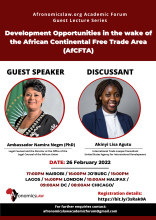Migrants and migrant workers from the Global South carried the economies of the Global North on their backs during the Covid-19 pandemic. On the one hand, millions of migrant workers in agriculture, trans-portation, care, food processing, construction, and other essential sectors continued working while the world shut down. On the other hand, migrant workers faced some of the harshest and most punitive treatment due to their status or lack thereof; many migrant workers were detained, deported or subjected to severe and inhumane treatment coupled with the physical, emotional and psychological impact of the pandemic. The pandemic unveiled high levels of nationalism, racism and xenophobia that impacted mi-grants globally and states have used the momentum to justify heavy handed measures and increased migration restrictions and the monitoring of migrants.
